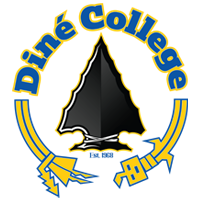SPEAKERS
Click on speakers name to read bio.
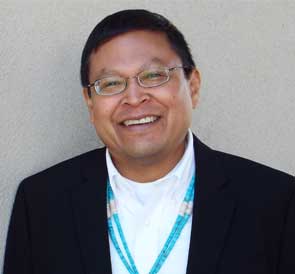
[sg_popup id=”17483″ event=”click”]Dr. Lloyd L. Lee[/sg_popup]
University of New Mexico
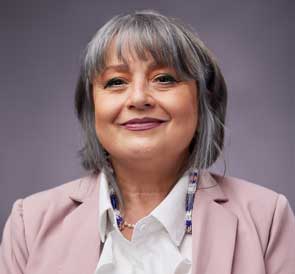
[sg_popup id=”17531″ event=”click”]Dr. Kimberly Wieser[/sg_popup]
University of Oklahoma
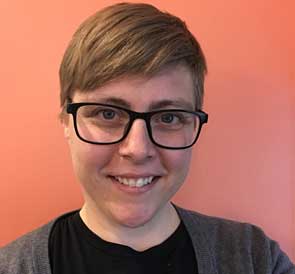
[sg_popup id=”17863″ event=”click”]Dr. Christie Toth[/sg_popup]
University of Utah
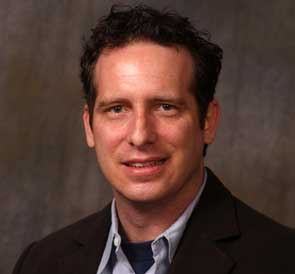
[sg_popup id=”17866″ event=”click”]Dr. Daniel Cole[/sg_popup]
Hofstra University
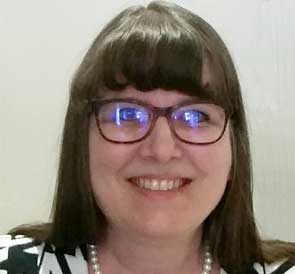
[sg_popup id=”17958″ event=”click”]Dr. Resa Crane Bizzaro[/sg_popup]
Indiana University of Pennsylvania
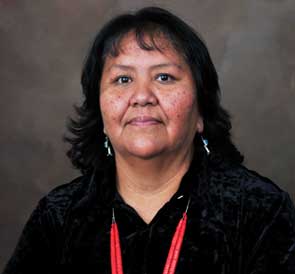
[sg_popup id=”18047″ event=”click”]Velma Hale[/sg_popup]
Diné College
